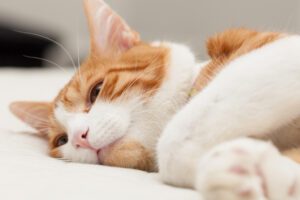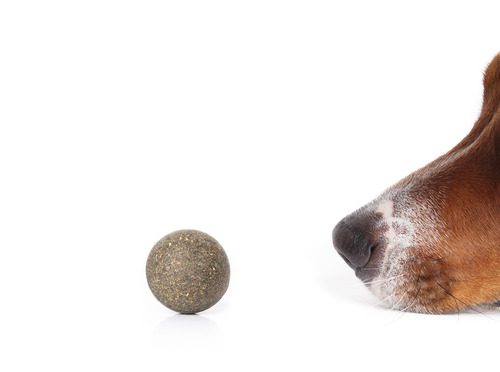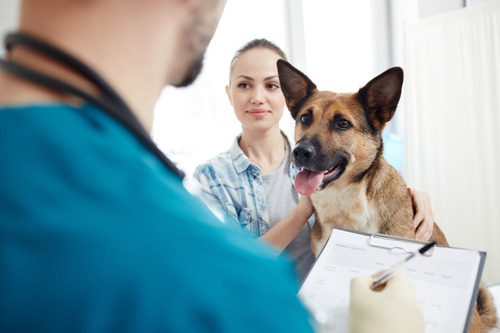Detecting Subtle Indicators of Pain or Discomfort in Cats
Cats are experts at hiding their pain, which can make it challenging to know when they need help. Understanding these subtle indicators is vital for their health and well-being. If you notice any signs of pain in your cat or have concerns about their health, please contact us at Best Friends Veterinary Hospital in Cookeville, TN at (931) 881-2037 or in Crossville at (931) 459-2006 for advice and care.

Changes in Behavior
Unusual Actions as Indicators
Cats in pain might show changes in their normal behavior. This can include increased aggression, hiding more than usual, or avoiding interaction. If your usually friendly cat starts to hiss, bite, or scratch, it could be a sign they’re in discomfort.
Altered Eating and Drinking Habits
A cat in pain might eat or drink less than usual. If you notice your cat is not showing interest in their food or water bowl, it’s time to pay attention. Changes in eating habits can be a sign of feline dental issues, stomach pain, or other health concerns.
Changes in Grooming Habits
Pain can cause a cat to groom excessively in one area, which might lead to hair loss or skin irritation. Conversely, a cat that stops grooming altogether and looks unkempt might also be in pain or discomfort.
Unusual Habits Can Be a Sign
Changes in litter box behavior can be another sign your cat is in pain. This includes not using the litter box, straining to urinate, or any other noticeable difference in their bathroom habits.
Vocalizations
Listening to Their Sounds Cats may become more vocal when in pain. Listen for increased meowing, howling, growling, or any other unusual sounds. A cat that is usually quiet but suddenly becomes noisy should be checked for possible pain or discomfort.
Physical Signs
Look for physical signs of pain in your cat. This can include limping, difficulty jumping, swelling in any body part, or constant licking or chewing at a particular area. If your cat shows reluctance to move or reacts negatively to being touched in a specific area, it could indicate pain.
Sleeping More Than Usual
A cat in pain might sleep more than usual or seem unusually lethargic. While cats naturally sleep a lot, an increase in sleep or a noticeable drop in activity could be a concern.
Breathing Patterns
Monitoring Their Respiration Notice changes in your cat’s breathing. Rapid, shallow, or otherwise unusual breathing can be a sign of pain or distress, especially if there are no obvious reasons for these changes.
When to Contact a Vet
If you suspect your cat is in pain, it’s important to contact a vet immediately. Never try to treat your cat’s pain on your own, as many human pain medications are toxic to cats. At Best Friends Veterinary Hospital in TN, we can help assess your cat’s condition and provide the necessary care.
Contact Best Friends Veterinary Hospital with Any Questions on Your Pet’s Behavior
Being aware of the subtle signs of pain in your cat is an essential part of caring for your pet. Regular check-ups, understanding their normal behavior, and staying alert to changes can help ensure your cat’s health and comfort. If you have any concerns about your cat’s behavior or health, don’t hesitate to reach out to Best Friends Veterinary Hospital in Cookeville, TN at (931) 881-2037 or in Crossville at (931) 459-2006. We are here to provide the best care for your beloved cat.
Recent Posts
About Best Friends Veterinary Hospital
Our veterinarians and staff warmly welcome dogs, cats, and a variety of exotic pets as patients here at our animal hospital, and we offer a host of services to give your unique family member a lifetime of excellent care.





